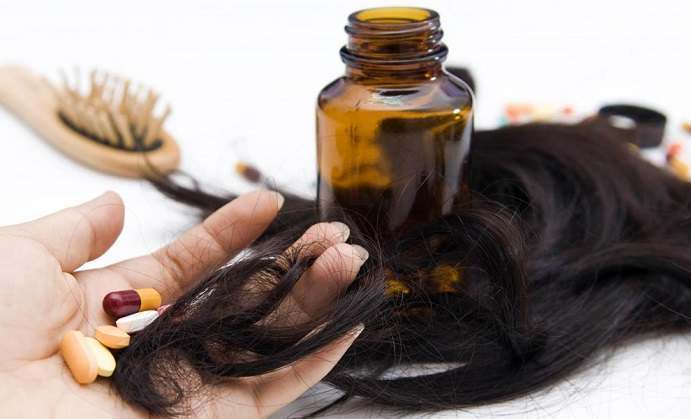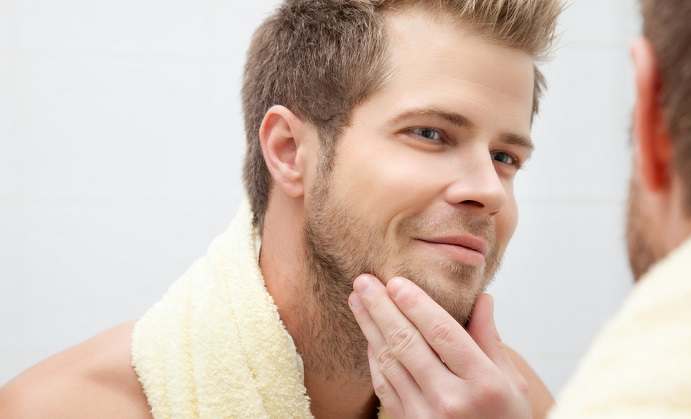Introduction
Healthy, lustrous hair is one of humanity’s most desired and attractive traits, as evidenced by pictures of the large majority of supermodels. While there are a few select who can look beautiful with less or no hair, they’re rare. People spend tons of money annually trying out products to stimulate hair growth, trying to attain the level of physical attractiveness they look up to.
What many people are surprised to find is that the solutions most likely to accomplish the desired goal of increased hair loss are not topically applied. Instead, research has demonstrated that nutrition plays a much greater part in hair growth than any lotion or conditioner on the market. Vitamin deficiencies can slow hair growth and even contribute to hair loss.
Vitamin B
 It’s well known that B vitamins are essential to a healthy, balanced metabolism, as well as a flourishing central nervous system. Additionally, studies have proven that B vitamins are imperative for healthy skin and hair. B12, biotin, and niacin have all been shown effective in increasing hair strength and condition. B vitamins are abundant in legumes, beef liver, poultry, eggs, nut, avocados, soybeans, leafy greens, cauliflower, carrots, and whole grains.
It’s well known that B vitamins are essential to a healthy, balanced metabolism, as well as a flourishing central nervous system. Additionally, studies have proven that B vitamins are imperative for healthy skin and hair. B12, biotin, and niacin have all been shown effective in increasing hair strength and condition. B vitamins are abundant in legumes, beef liver, poultry, eggs, nut, avocados, soybeans, leafy greens, cauliflower, carrots, and whole grains.
Vitamin B12, an especially important B vitamin when it comes to hair and skin, is found in animal proteins, including meats and dairy. Vegans, vegetarians, and others who are deficient in B12 can make up for the loss by using supplements, and while you should check with your practitioner prior to beginning any supplement, the B12 vitamin is relatively safe. Biotin, though, is another story. What evidence there is connecting biotin with healthy skin and hair is less substantial than the connections with other B vitamins, and biotin can be a problematic supplement. It can interfere with production and release of insulin if too much is ingested. Additionally, most adults are not deficient in biotin nor in niacin, making corresponding supplements fairly unnecessary in the majority of cases.
Vitamin D
 Vitamin D has long been known to be an important contributor to bone growth and skin health. Recent research has also connected it with hair growth.
Vitamin D has long been known to be an important contributor to bone growth and skin health. Recent research has also connected it with hair growth.
Apparently, Vitamin D actually helps create new hair follicles, making it kind of a miracle among hair loss sufferers. Why, therefore, hasn’t hair loss simply been cured by Vitamin D? Unfortunately, the newly created hair follicles do not always successfully grow hair.
Vitamin D’s contribution is similar to the pharmaceutical solutions: it’s probably effective in stopping future hair loss, but is limited in its ability to regrow hair that’s already been lost. The simplest way to get more vitamin D into your system is to go out into the sun for awhile. Fish, mushrooms, fortified milk and orange juice, and whole grains offer other ways to get more vitamin D. It’s risky as a supplement; too much vitamin D can end up causing an over-concentration of calcium in the circulatory system, in turn stimulating exhaustion and/or problems with the kidneys.
Conclusion
Achieving optimum nutritional balance is one of the first, most important steps to optimizing hair growth.
Do you want to find an effective Shingles treatment? Check out our top rated Shingles products











